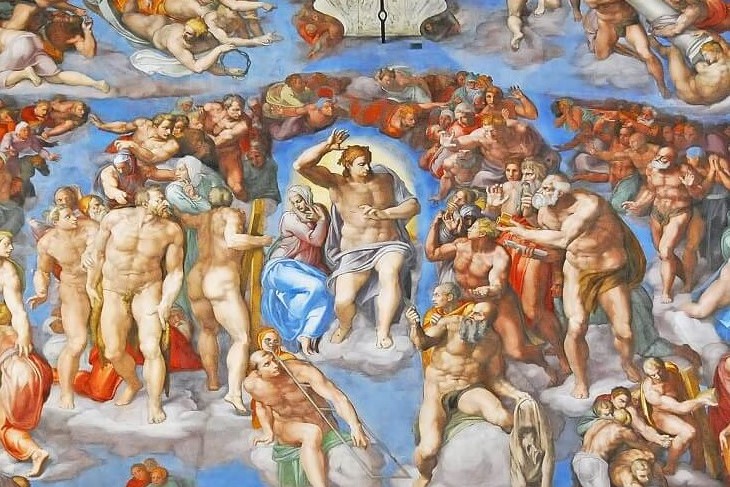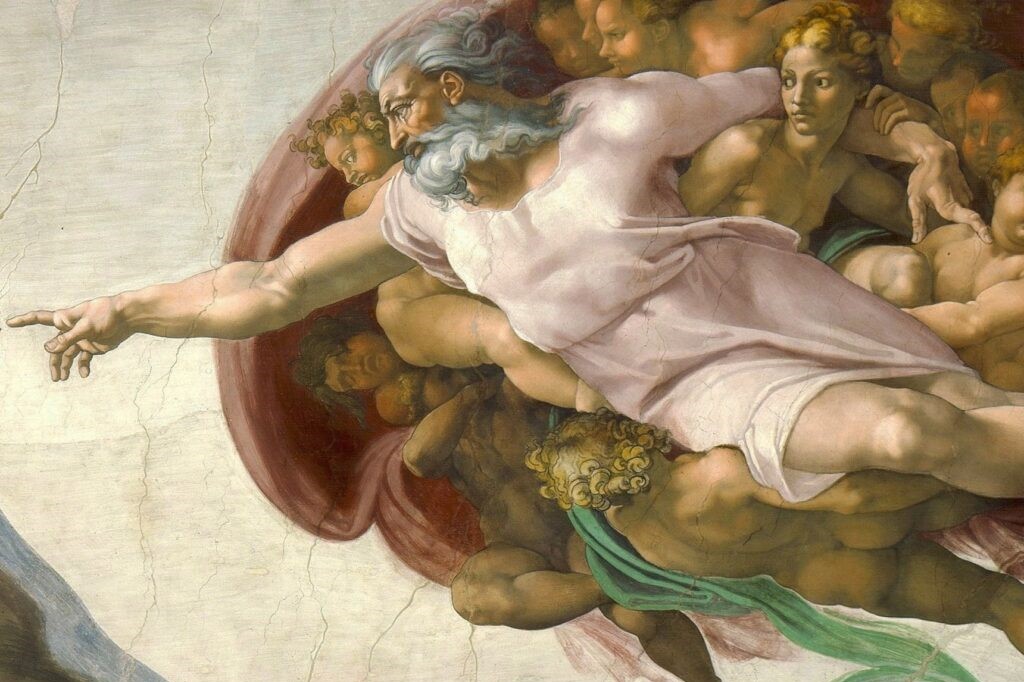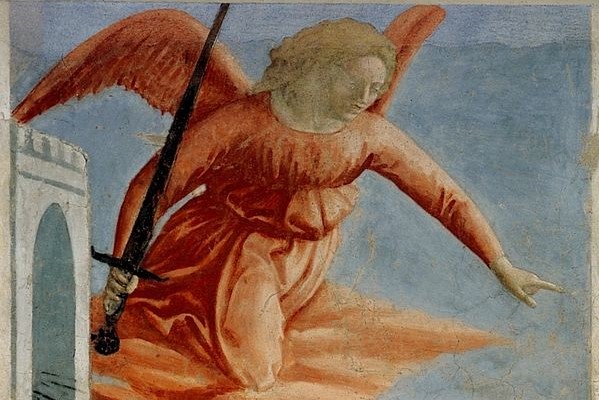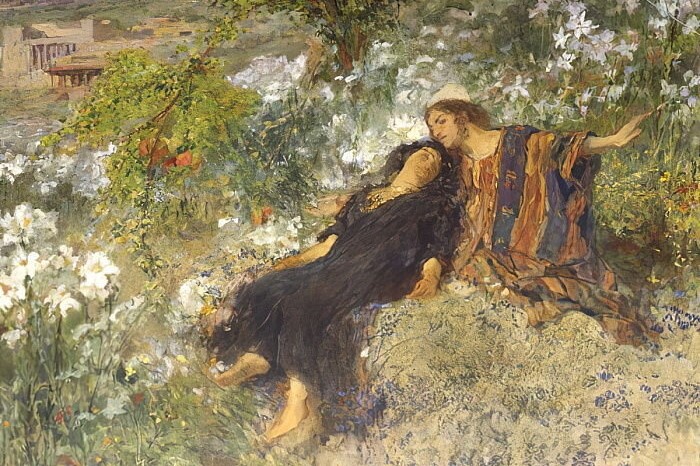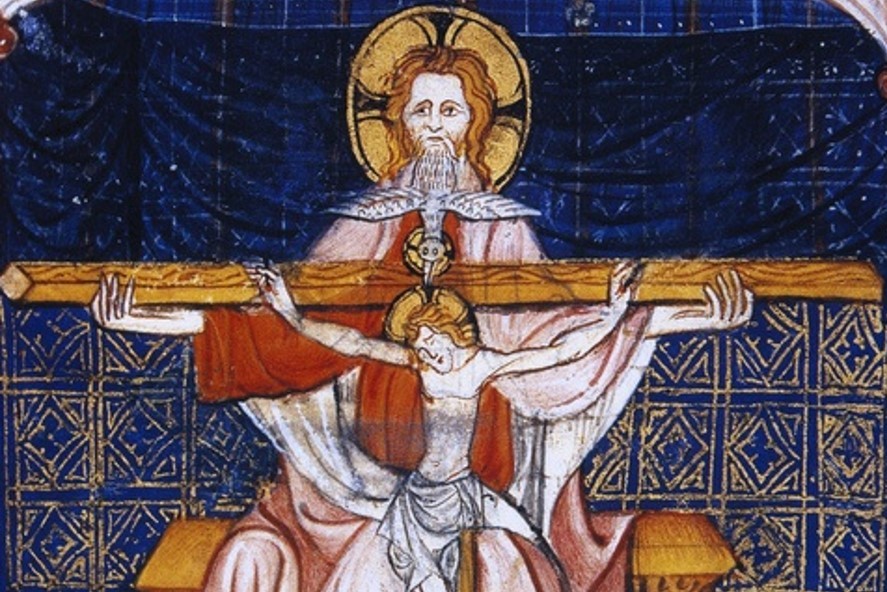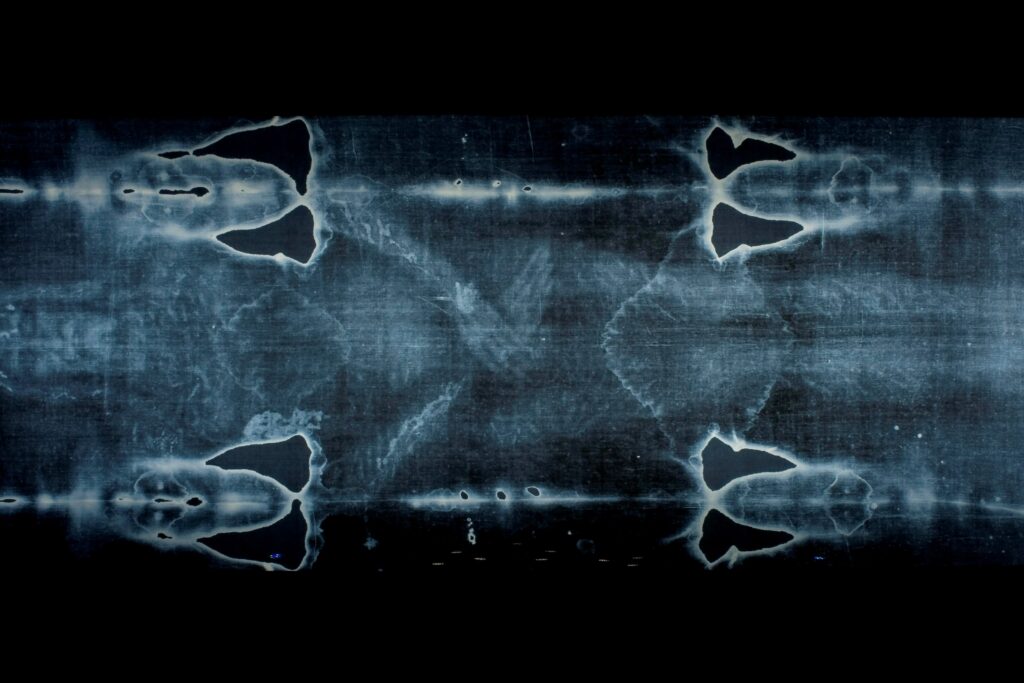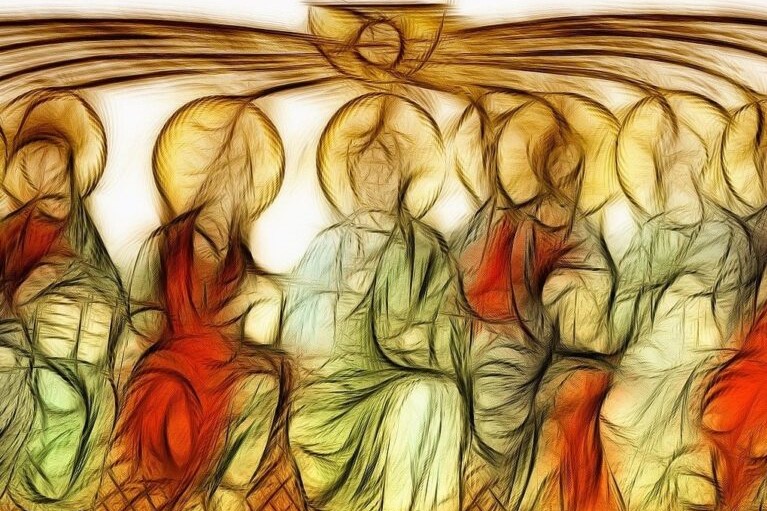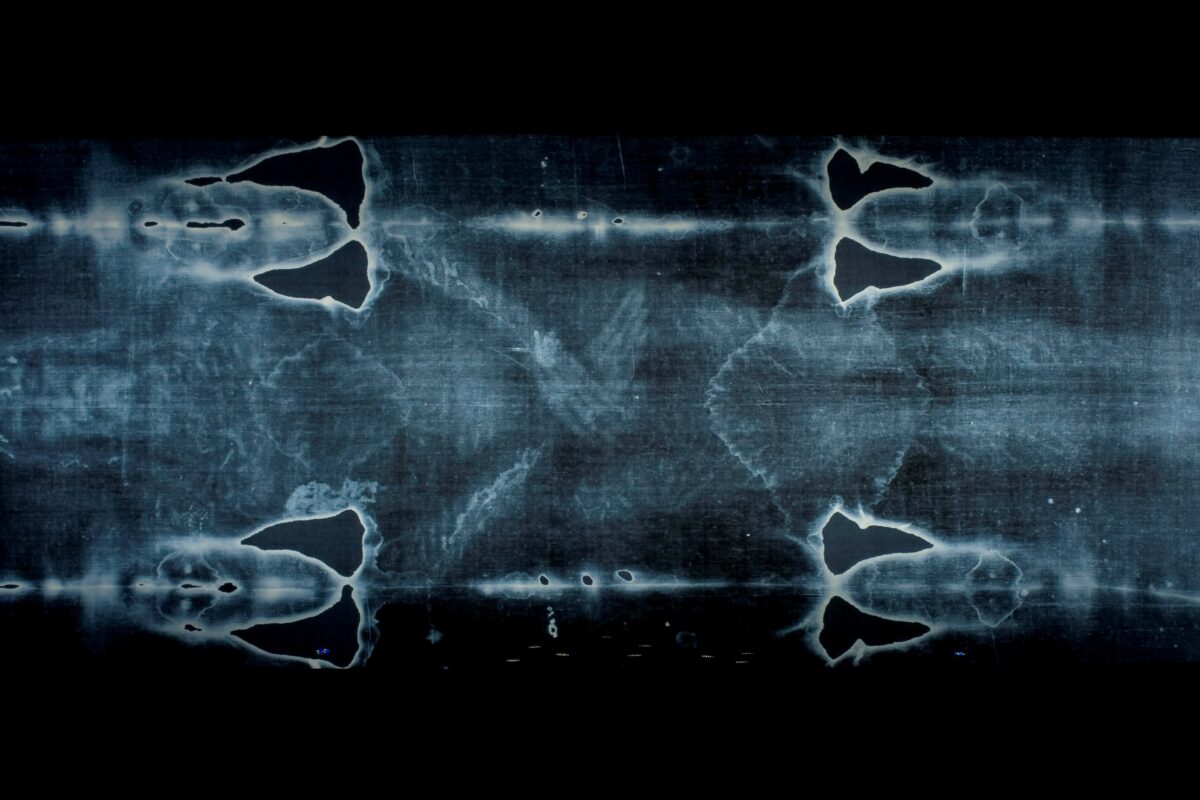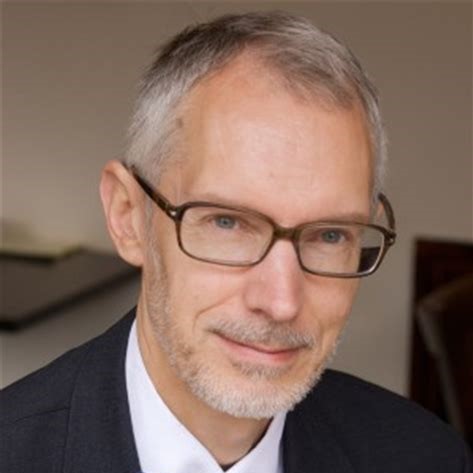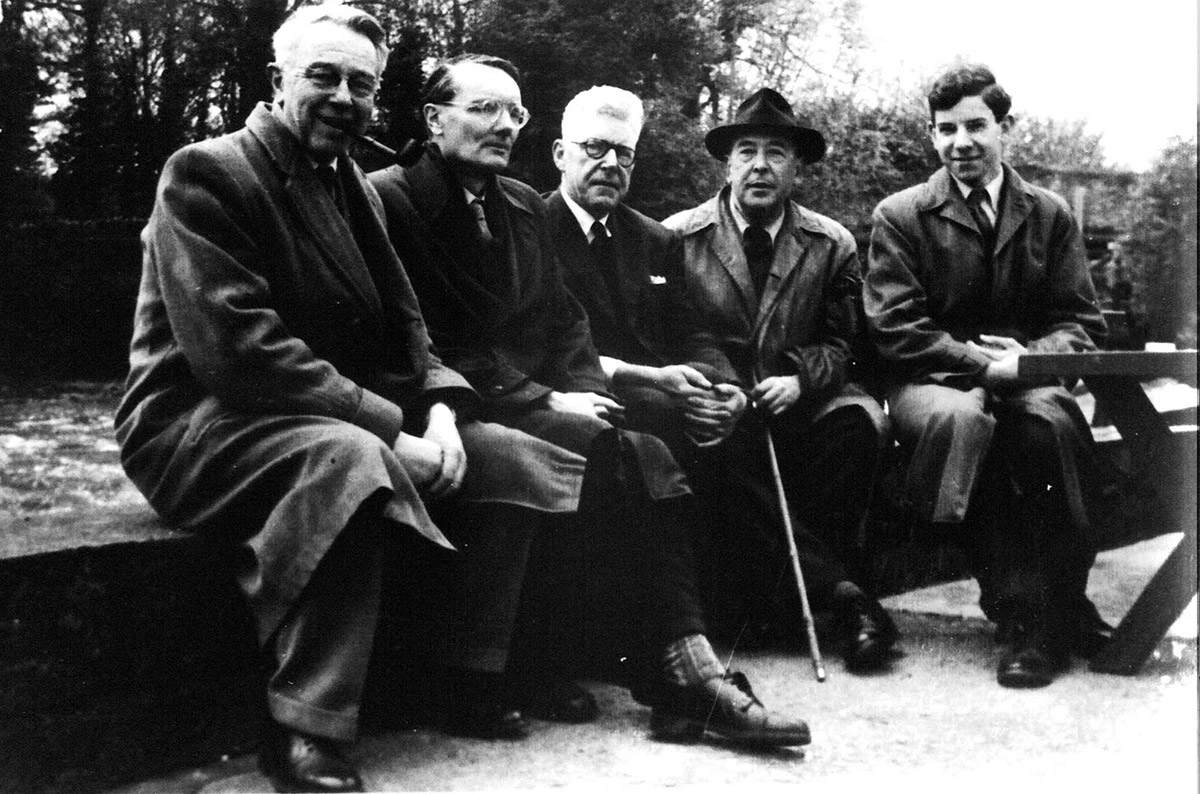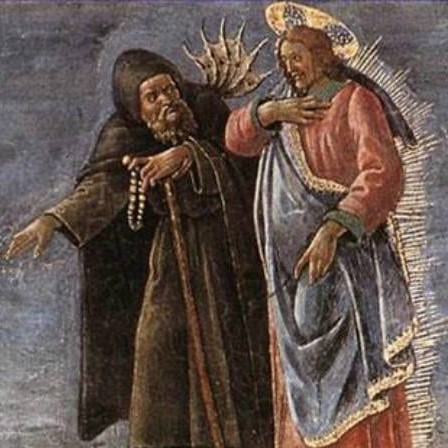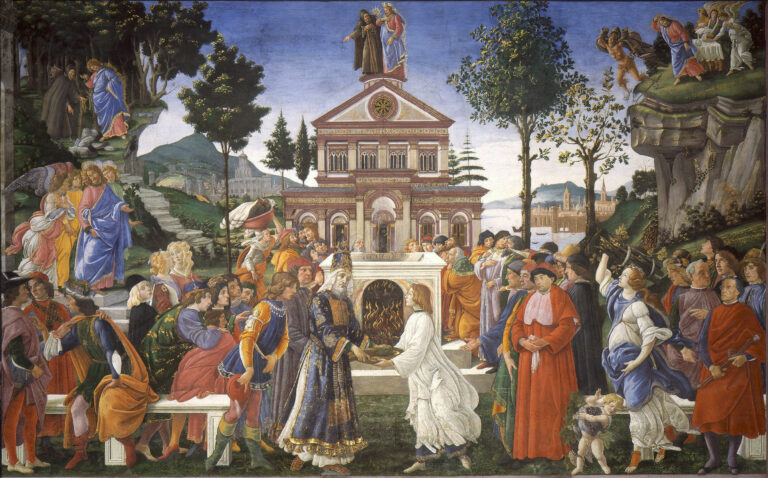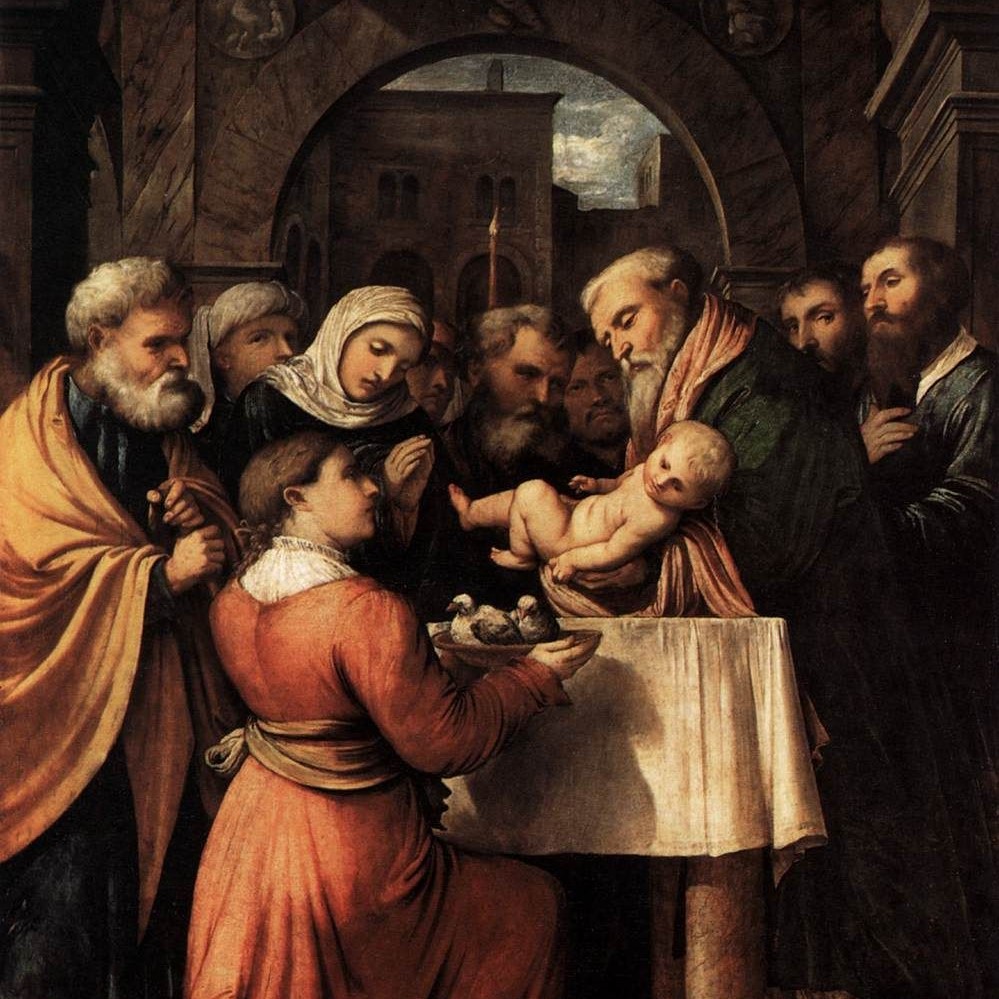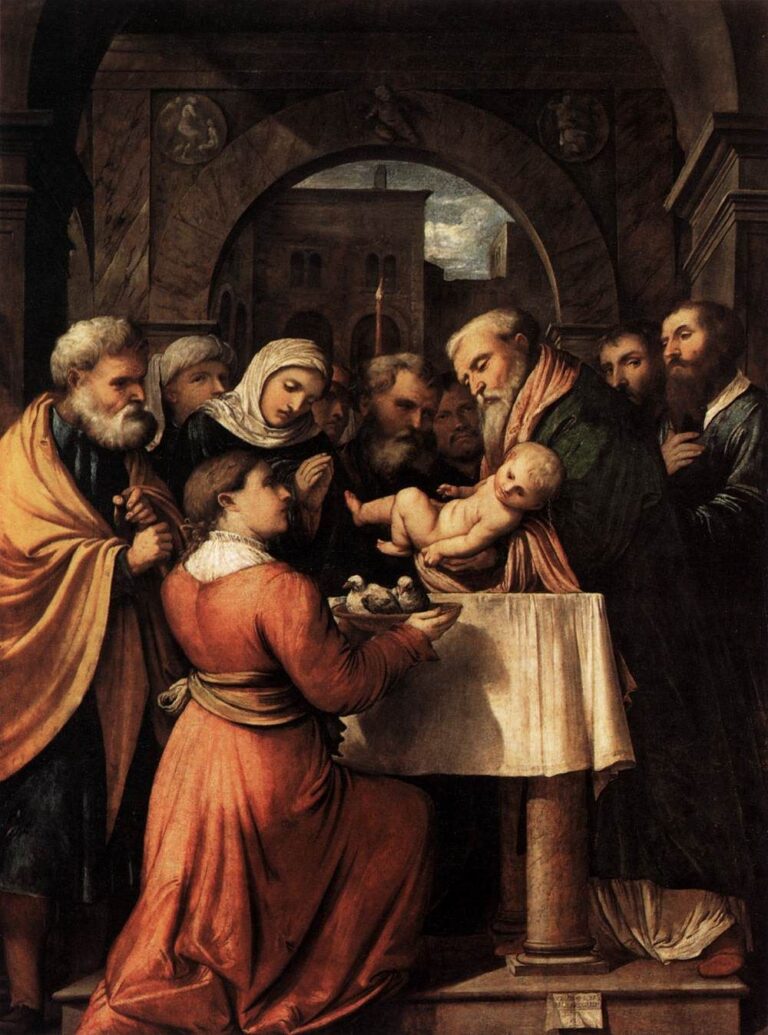A Journey of Salvation: The Drama Displayed
#6 The Life to Come
***The talks are made available freely with the request for a donation to support our costs.***
Please donate here:
![]()
A reflection on the Last Things – death, judgement, heaven and hell – which are most vividly spoken of in the Book of Revelation, but also given concrete shape by the Gospels. Michelangelo’s Last Judgement in the Sistine Chapel provides an artistic aid to this talk.
About the speaker:

Sr Emanuela Edwards is a member of the Missionaries of Divine Revelation, an apostolic community orientated towards the New Evangelisation. She has worked extensively with the Vatican Museums delivering tours and talks on Art and Faith. For more information about the Missionaries of Divine revelation, please click here.

